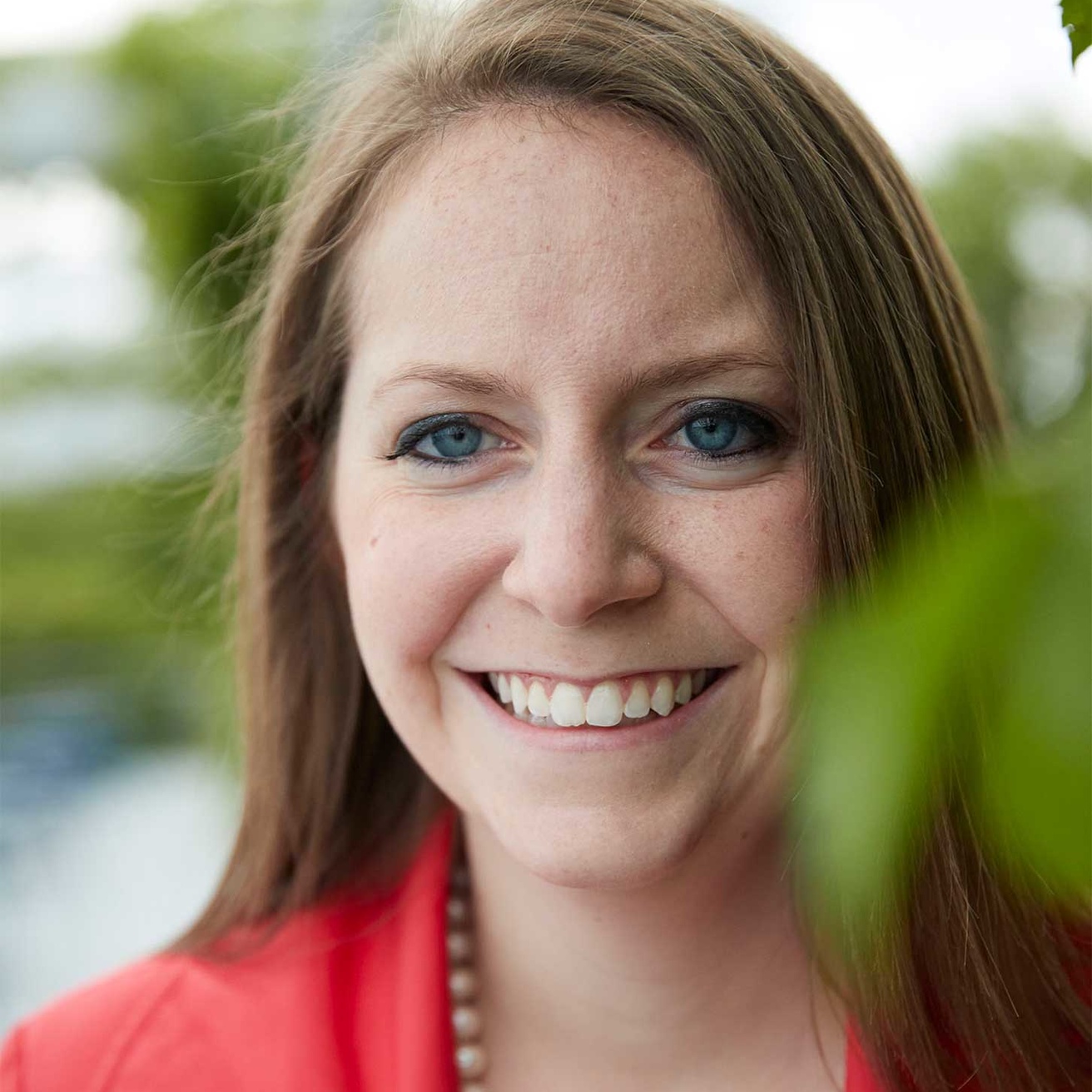
Choosing how to fill the 30-hour gap that separates your undergraduate degree from your CPA could be one of your wisest decisions. It was for Mary Beth Zajicek.
Take the time to get an education.
After completing her undergraduate degree in accounting at the University of Iowa and a summer tax internship with Deloitte Tax, Mary Beth opted for Iowa’s full-time Master of Accountancy (MAc) program. And it’s what set her apart from her peers.
“We were reading the tax code and law right along with law students, and a lot of my peers did not have that opportunity,” said Mary Beth, pointing out the program’s partnership with Iowa’s College of Law. “The graduate program allowed us to think more strategically and be ahead of the game.”
Now a tax manager at Deloitte, Mary Beth provides tax consulting and compliance services to companies ranging from transportation to private equity to real estate. See how her Master of Accountancy made all the difference.
How exactly did your degree give you an advantage?
Deloitte starts with a level playing field for all of its new hires and teaches you everything you need to know, whether that's through professional formal training or on-the-job learning. Once I started getting into tax technical trainings, as a new hire and since then, I was able to use those Deloitte trainings as refresher courses instead of learning things for the first time.
The Iowa MAc program, specifically the tax track, really set me apart from my peers when joining Deloitte. I was in about four to five additional tax classes than those who were just getting an undergraduate degree.
“Seriously consider the MAc program for those additional 30 hours, because it really builds your confidence when you transition to your professional career.”
I was also able to get on some additional consulting projects early in my career because I wasn’t spending as much time learning the basic tax technical rules or learning how to research. I had already taken that coursework to help me get farther.
What was most rewarding about your experience?
Iowa gives you the opportunity to get so much out of the program. If you want to take extra coursework at a more advanced level, you can do it.
One of my favorite aspects about the program is that it allowed me to be a teaching assistant. I taught Introduction to Managerial Accounting during my master's program. That increased my workload as I was preparing to teach class and doing my own classwork preparation. But it was the most rewarding part of the entire program—being able to stand in front of 45 students and teach them three days a week. Since then, several of my students started working at Big Four firms, and it’s fun to follow their career paths, too.

“One thing I never thought I'd do at Tippie is make those lifelong friendships and connections that I know I'll have forever.”
How was the graduate classroom dynamic different for your undergrad classes?
There was a great mutual respect between my classmates and professors. In those four great years of undergrad, you’re still growing up and learning what the world is about and how you want to be a part of it. Once you go into the master’s program, the professors really respect that you're making that commitment to accounting and you’re focusing an entire year just on your accounting degree. They view you more as peers, and we're able to challenge their thinking as well. It's a very collaborative environment.
Did many of your undergraduate classmates continue in the graduate program alongside you?
As you go into the master's program, it's kind of scary because you're starting over again. I knew a lot of the students but didn’t have strong connections with all of them. And there were a few new faces, but we were a group of high-caliber students who had made that commitment to learning accounting and even teaching accounting to undergrads.
We were a subset of a community of like-minded, challenging people. I had this ‘aha’ moment of ‘these are the people that I belong with.’
It's those lifelong friendships with people who I know will be either my peers at Deloitte, or my clients, or people I run into in Des Moines. You never know when those connections are going to come back around. One thing I never thought I'd do at Tippie is make those lifelong friendships—connections that I know I'll have forever.
Why did you fill the 30-hour gap with Iowa’s Master of Accountancy?
With having an undergraduate degree of 120 hours, you need to fill that 30 to sit for the CPA exam. Some people may go for the additional 30 hours by majoring in finance or orchestra or art. I would say to seriously consider the MAc program for those additional 30 hours, because it really builds your confidence when you transition to your professional career.
Take a master’s program as an opportunity not just to learn what to know, but how to think, how to make connections, and how to be a business professional.
Employers are going to say that they don't care, but it builds up your confidence going into that first day of work, makes you more polished, and gives you stronger connections with your professors and potential clients. It's just incomparable at the end of the day.